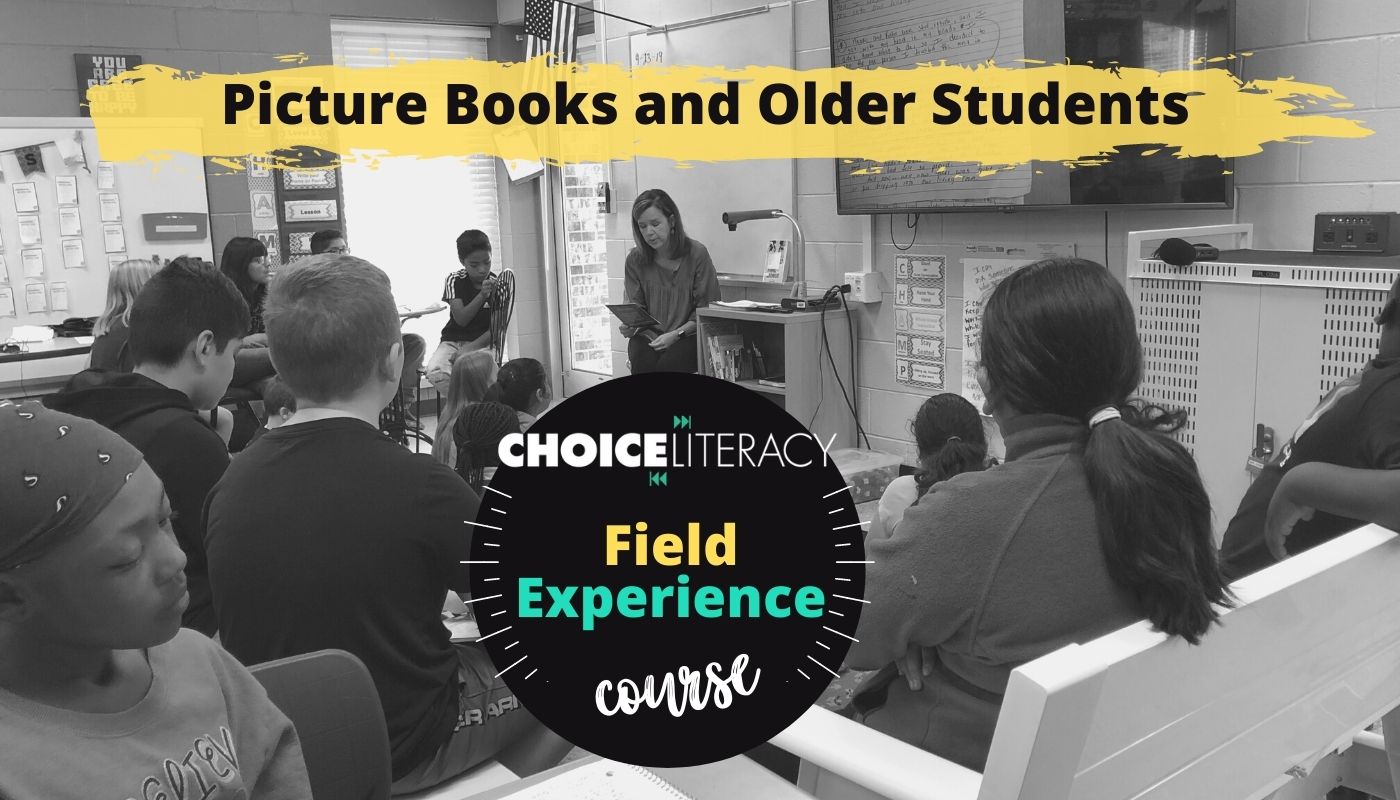In a turbulent world, there’s another set of cognitive skills that might matter more: the ability to rethink and unlearn.
—Adam Grant
The Ability to Rethink
On Fridays I take Jordan, my son who is a senior, to high school. He is always late, but usually we catch the career center bus just in the nick of time. Jordan plans to be an underwater welder, so he works an internship four days a week, and goes to the career center on Fridays.
We were pulling into the school when Jordan said, “I have certification testing today, so if I miss the bus, may I use the car to drive to the career center?”
I pointed to the clock and said, “We have three minutes. You should make it.”
We pulled up as the bus was pulling away. I dialed the high school’s phone number and explained the situation. “We are right behind the bus! Is there any way you can ask Arnold to stop so Jordan can get on the bus?”
We waited as the school radioed the bus, and then the bus taillights started blinking, and it pulled to the side of the road. “Woo-hoo!” I said, and Jordan laughed.
“I can’t believe he stopped,” Jordan said as he gathered his things and said goodbye. He jogged to the front of the bus and got on.
As we were retelling the story at dinner, my husband, Andy, said, “There’s no way that would have happened before cell phones.”
It gave me pause because I realized how I’ve adjusted to the changes in culture and technology. At the same time I wondered about areas where I haven’t adjusted, but should. It’s not always easy to let go of the things we’ve always done, even when they no longer serve us well.
This collection of articles encourages us to stay true to meaningful literacy practices while at the same time adjusting our ideas and thinking to continue to grow and evolve. I hope it will inspire and influence you as much as it has me.
Shine on,
Ruth Ayres
Editor in Chief

Christy Rush-Levine explains why she stocks some books in her middle school classroom library that can provoke concerns from families, and how she deals with conflicts. This article was first published in 2016.
Tammy Mulligan shares the importance of giving students choice and agency with book club tools to improve engagement and quality of the conversations. This article was first published in 2019.
Gravity Goldberg lists ways we can combat aliteracy by mentoring today’s students to become tomorrow’s avid readers.
Are you looking for an in-person conference to attend? CCIRA is offering a remarkable lineup of voices for their annual conference. The theme is “A View From Here,” and you will be glad to be part of the learning.
The value of picture books with secondary students is often questioned. Picture Books and Older Students allows insight into the depth and power of picture books for adolescents.

New members-only content is added each week to the Choice Literacy website. If you’re not yet a member, click here to explore membership options.
In the first installment of a three-part series, Leigh Anne Eck clearly lays out how to get started with book clubs. Included is an editable planning bookmark to give students more ownership of their reading schedules.
Secondary instructional coach Holly Wenning shares her own paradigm shift of teaching readers rather than teaching books, and encourages all teachers to consider the importance of putting students before books when planning literacy instruction.
In an encore video, fifth graders use a visual tool to help them build on each other’s ideas in book clubs. They are applying a strategy demonstrated in an earlier minilesson taught by Dana Murphy.

New members-only content is added each week to the Choice Literacy website. If you’re not yet a member, click here to explore membership options.
In education much attention is paid to change and transformation. Cathy Mere challenges us to consider placing our focus on evolution and understanding that we are constantly evolving toward a new version of ourselves. In this personal essay, we will all find hope as we reach toward our strengths and use them to find our next steps forward.
Stella Villalba encourages us to consider how to continue creating spaces where learning is co-created with a community. She encourages instructional leaders to share the ways they are learning (and unlearning) ideas for stronger literacy practices.
In this PD2Go, Jen Schwanke leads the way in promoting a positive mindset and reflective practice anchored in gratitude when setting professional goals. When paired with Jaz Ampaw-Farr’s TEDx Talk, this session becomes as inspirational as it is practical.
Quote It:
If you want to go fast, go alone. If you want to go far, go together.
—African Proverb
That’s all for this week!




